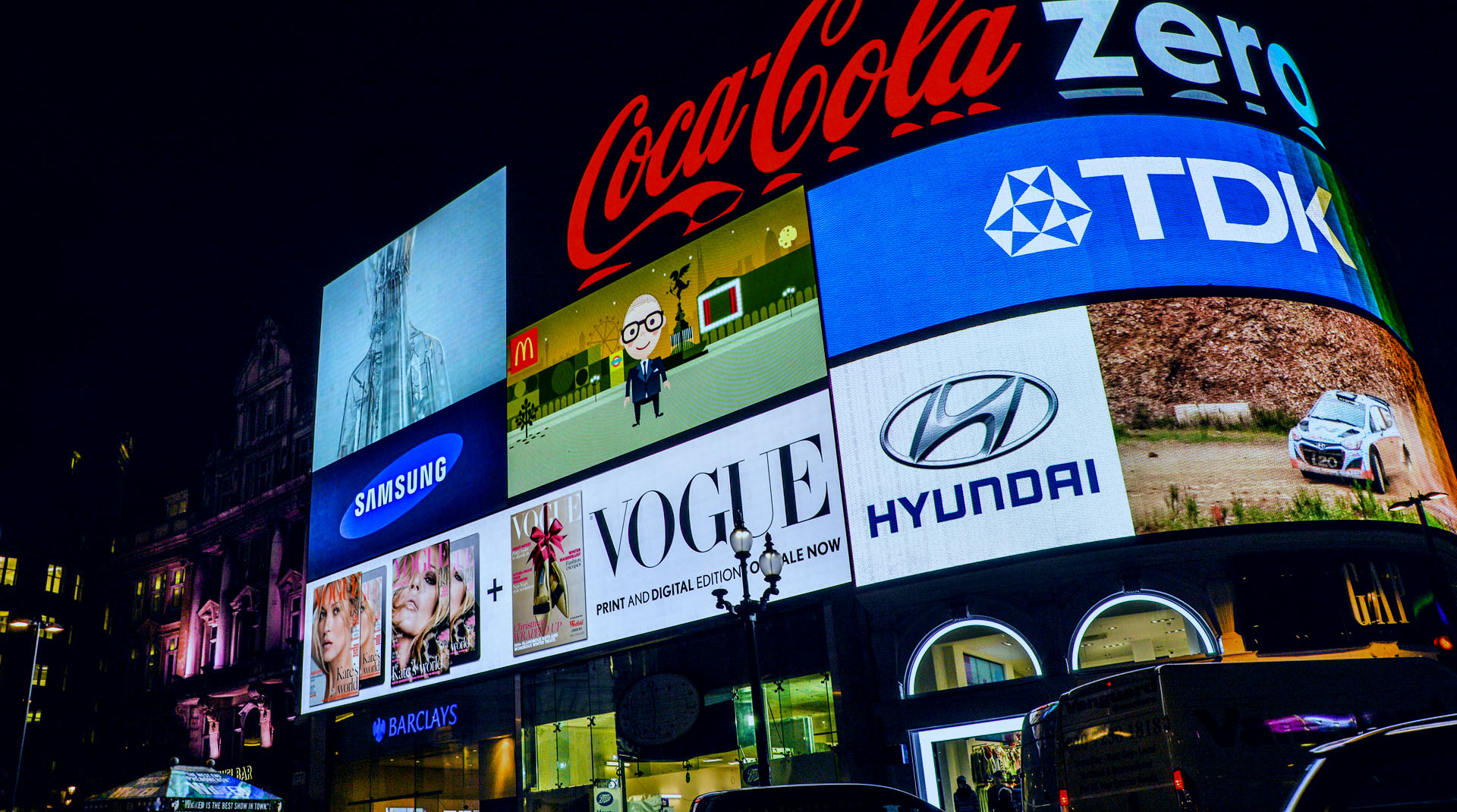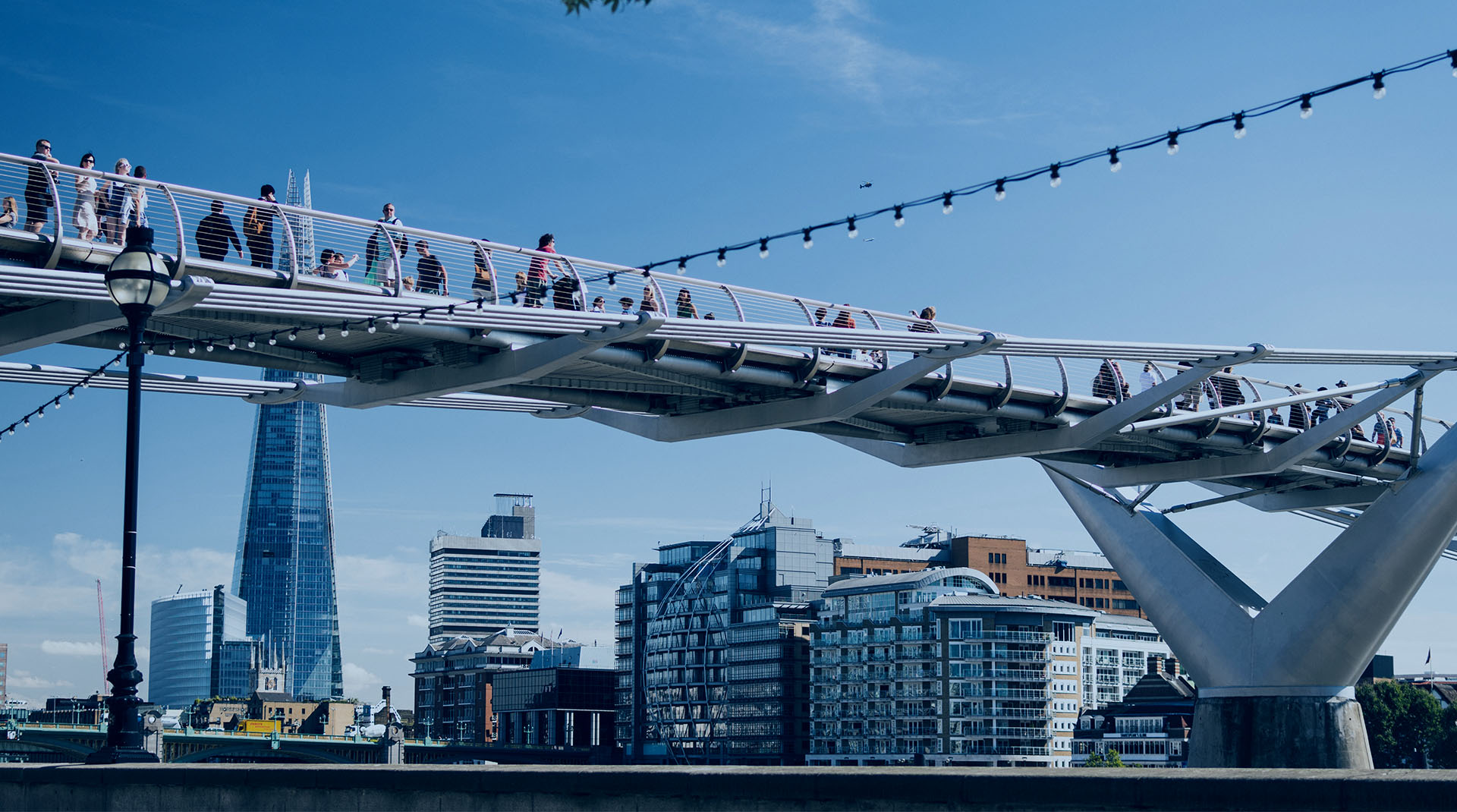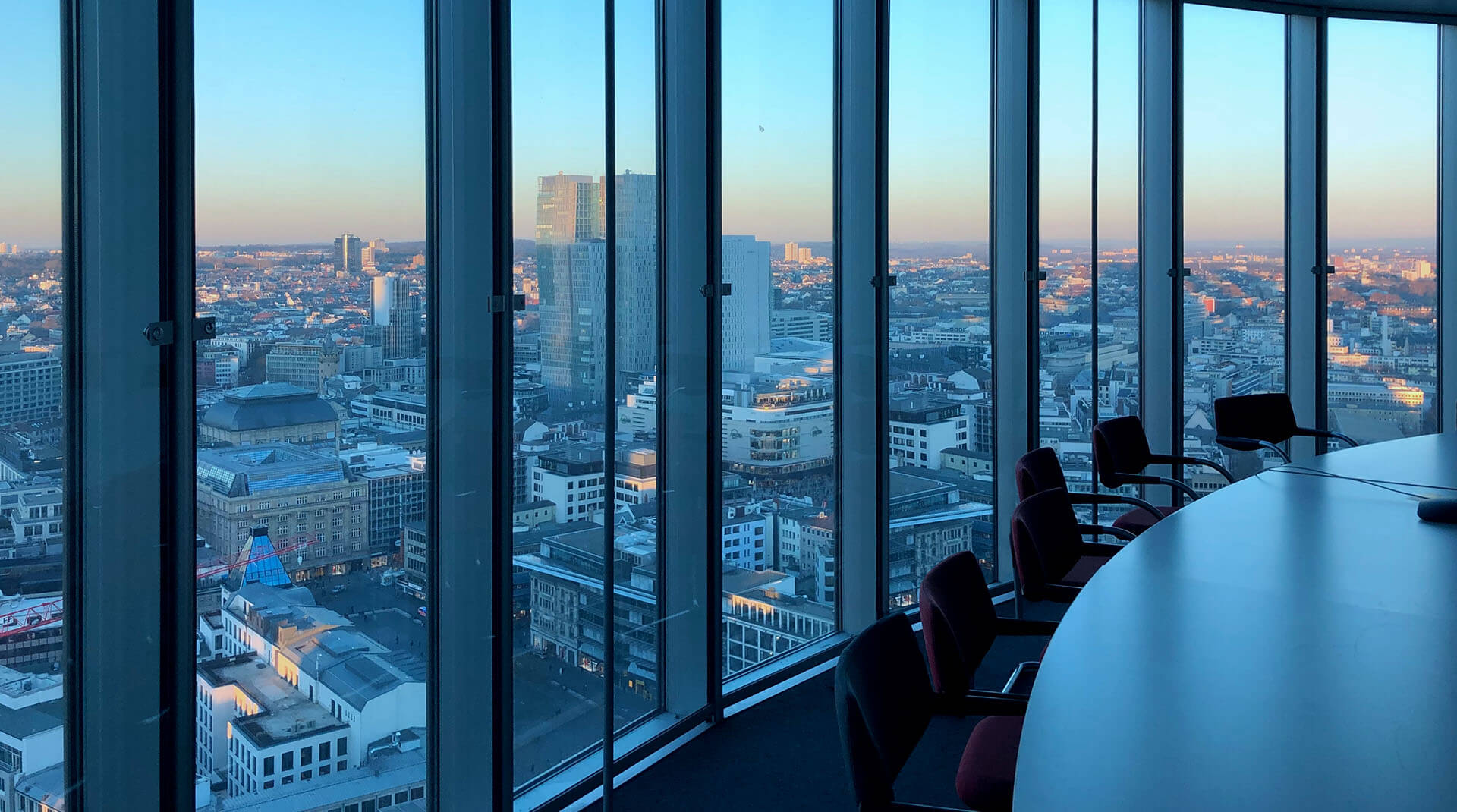
You’ve just had a great idea, our Intellectual Property lawyers will make sure it is yours
Your ideas, innovations and brands are amongst your most valuable assets. Our Intellectual Property Lawyers will take a pragmatic and commercial approach to helping you protect them and realise their maximum value.
Our Intellectual Property Lawyers work with young developing businesses to established multinationals, from innovative disruptors to major retailers, manufacturers and service companies, both public and private. We work closely with our Corporate & Commercial team, so we’re up to speed with the latest industry developments. Our specialist Intellectual property solicitors will get to know your business and its challenges, to give you appropriate, informed advice.
Meet your Intellectual Property team
How our intellectual property lawyers can help you
Trademarks, copyright, designs and patents
Talk to us about any aspect of intellectual property law, including trademarks and branding:
- Registering trademarks and logos in the UK, EU and worldwide
- Trademark licensing
- Protecting trademarks and brands against passing-off and trademark infringement; trademark and brand name registration, licensing, and domain name issues
While copyright in the UK should automatically belong to the creator of the work, you shouldn’t necessarily assume you’re protected. We advise many individuals and organisations on copyright issues; for example, authors, publishers, designers, musicians, photographers, web designers, software companies and others.
You might be surprised how often designs are not properly safeguarded, despite all the work that goes into creating them. We will advise you on the most effective way to register, license and protect your registered designs.
Obtaining and protecting Patents are complex so having the right advice is essential. We can advise you if your invention or process can be patented, apply for patents and license them worldwide, and prosecute if your patent is infringed.
More about our trademark and branding services
A trademark distinguishes your goods or services from your competitors’. Trademarks, logos and brands are often valuable business assets, allowing products to command a premium price. Registered trademarks can include:
- words, numbers and colours
- logos and slogans
- musical jingles
Registering a trademark gives the owner certain monopoly rights to the mark and prevents others from using a mark that is the same or similar. This is particularly important with the internet; a registered trademark enables the owner to stop others emulating their brand by registering similar domains and creating copycat websites. This is much more effective than common law protections such as “passing off”.
A registered trademark also safeguards against counterfeit goods, giving trading standards officers and the police statutory powers to seize fake goods that improperly take advantage of registered trademarks.
Trademarks are registered in particular categories or “classes” of goods and services. It’s important you register your trademark in the correct category. Trademarks are also territorial; they need to be registered in each jurisdiction where you want the benefits of registration.
Protecting your designs
Design rights cover the shape or appearance of something – not just three-dimensional objects such as furniture, packaging and equipment, but also textile designs, clothing, logos, sculptures and many other product designs.
Like trademarks, there are some limited legal protections for unregistered designs. In the UK, if an unregistered design is new and original when created, it benefits from protection over the shape of products, but not the surface decoration. This can last for up to 15 years, but only protects against copying and does not cover designs that are independently created.
Registration gives a design the best possible protection. Registered Designs can currently be registered under just the UK registered design scheme or as a Registered Community Design to cover all EU member states plus the UK. Once a design is registered the owner is protected for up to 25 years, subject to renewal every five years.
We’ll be happy to answer your questions and help you register, license, and enforce your design rights.
Advice on patents
Patents must embody an idea not previously known and must be capable of industrial application. The idea must actually work; you can’t register a patent for something fanciful like time travel.
Patents are the most complex area of intellectual property protection, and patent registration can be time consuming and costly, making it essential to obtain good advice from the outset.
A patent gives the owner the right to exclusively use an invention, and either license others or prevent them from using it in any country where the patent is registered. As with other forms of registered IP, patents can be registered in a single or multiple countries.
Patent rights can last for up to 20 years but can take many years to register. We work with patent agents worldwide to register and enforce patents nationally and internationally.

Our other IP services
Our intellectual property lawyers support you with the whole range of aspects related to IP, including:
- IP Audits
- Joint ventures to develop and exploit intellectual property
- National and international licensing of intellectual property
- Data protection and database rights protection
- Domain name registration
- Confidential information – confidentiality agreements; non–disclosure agreements; non–poaching and non–solicitation agreements.

How to register a trademark
There are three main ways to register a trademark:
- Nationally: you can register your trademark in each individual country where you plan to offer your goods and services. If you plan to operate your business only in the UK, you would only register your trademark in the UK.
- Regionally: the European Union offers the ability to register a trademark across all EU member states with a single registration, so if you are planning to offer your goods and services across more than one EU member state, you should consider an EU trademark.
- Internationally: if you need even wider protection, you can register your trademark in up to 92 countries worldwide, by making an international application under the Madrid Protocol. You must have first applied for a trademark in at least one participating country (such as the UK) before applying under the Madrid Protocol.
Once you’ve obtained a registered brand for your trademark in a jurisdiction, you can use the ® symbol to tell people your mark is registered. Until then you can use the TM symbol to show you consider the mark to be commercially valuable and connected with your business, but that it has not yet been registered. It’s illegal in many countries, including the UK, to use the ® symbol with a trademark that has not yet been registered.
Our Intellectual property lawyers can guide you through this complex area and help you register and licence your trademarks and brands across the world. We can also help you acquire the right to use someone else’s trademarks as part of your business.
You may have to prevent other businesses from trying to emulate your business, copy your trademarks, or pass themselves off as your business. We have a proven track record of tackling trademark infringement and enforcing trademark owners’ rights.

About copyright
Copyright is a crucial intellectual property right, covering:
- written word, images and artistic work of all kinds
- music and audio recordings
- films
- software and website content
- brochures and manuals.
Unlike other types of IP that need to be official registered to be protected, in the UK copyright arises automatically whenever you create an original work that falls within the scope of copyright law.
Normally copyright will belong to the creator, but not always. When a business is commissioning or being commissioned to create a copyright work, it’s important to clarify with the other party who will own the copyright. For example, work created by an employee will usually belong to their employer, whilst work created by a contractor or consultant usually won’t. Copyright can be shared when a group of people work collaboratively, which can make exploiting individual rights complex.
Copyright provides powerful protection but are some areas it doesn’t cover. It’s worth noting that copyright provides protection for the way an idea or artistic work is expressed, but does not protect the idea itself – protecting commercial ideas is where patents come in. Likewise, copyright does not protect business names; that’s what registered trademarks are for.
How long copyright protection lasts depends on the type of work involved. Literary, musical, dramatic and artistic works are protected for 70 years from the end of the creator’s lifetime. Sound, film and broadcast recordings are protected for 50 years, and typographical arrangements are protected for 25 years.
Since copyright gives the owner certain exclusive legal rights to exploit a creative work, those rights can be licensed to third parties. They can also be infringed by unauthorised use and dealing effectively with copyright infringement is vital for any business. It’s essential that licensing copyright is done properly. We will take a commercial and pragmatic approach and guide you through all the issues of copyright licensing and infringement.
Authors often establish their rights of creation by depositing a manuscript or copy of a work with us, so they can prove their rights as creator if this is ever challenged. Although not strictly necessary, it’s also good practice to place the © symbol on any copyright work together with the creator’s name and the year of creation.
Speak to our Intellectual property lawyers today.
Now you know what our intellectual property lawyers do, you’ll want to know how well we do it
Sherrards Secures Landmark Acquittal in Multi-Million Pound HMRC Fraud Case
Case study Read more
Commercial Property team complete new lease for Jewellery company in Kensington.
Case study Read more
Sherrards acts on the merger of WMT Chartered Accountants and Moore Kingston Smith
Case study Read more
Extraordinary Diaries of Field Marshal Lord Ironside Acquired by the Liddell Hart Centre for Military Archives at King’s College London
Case study Read more

